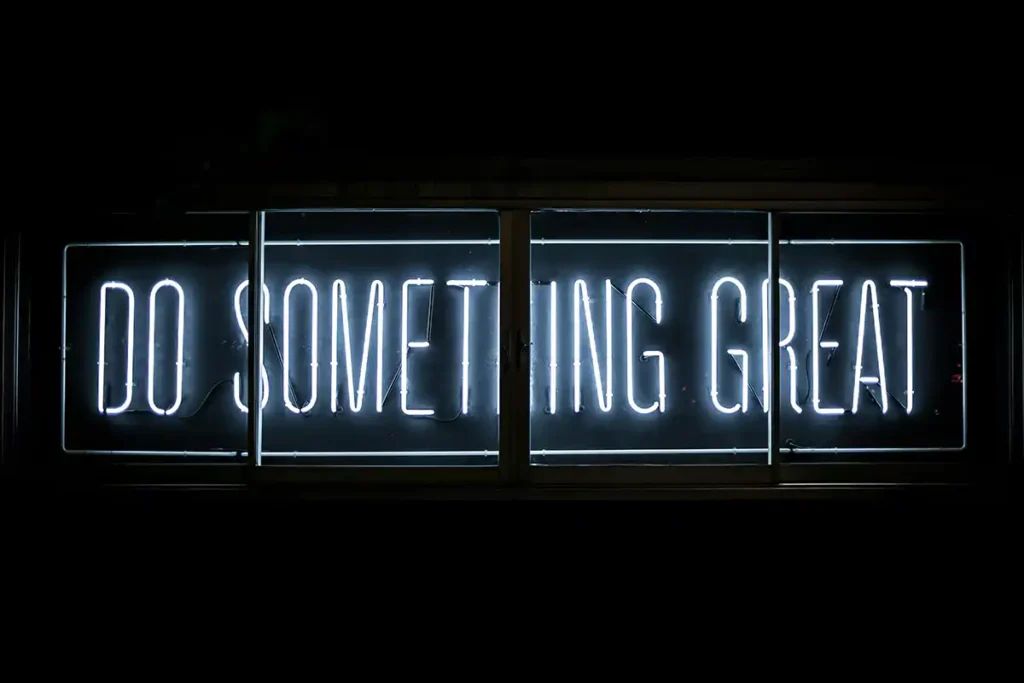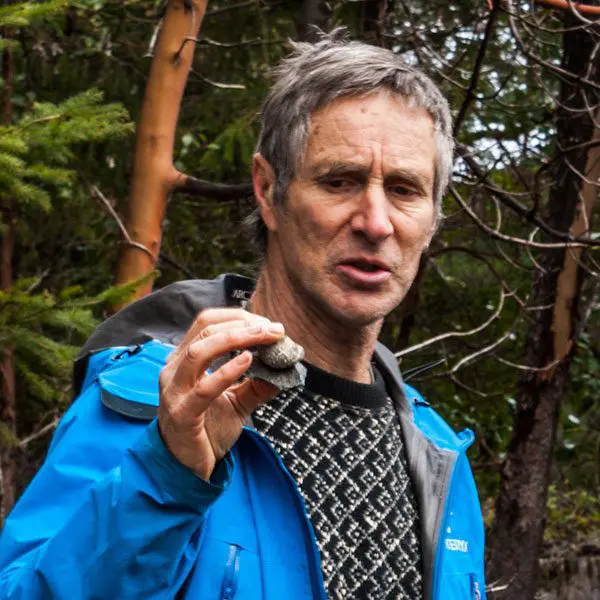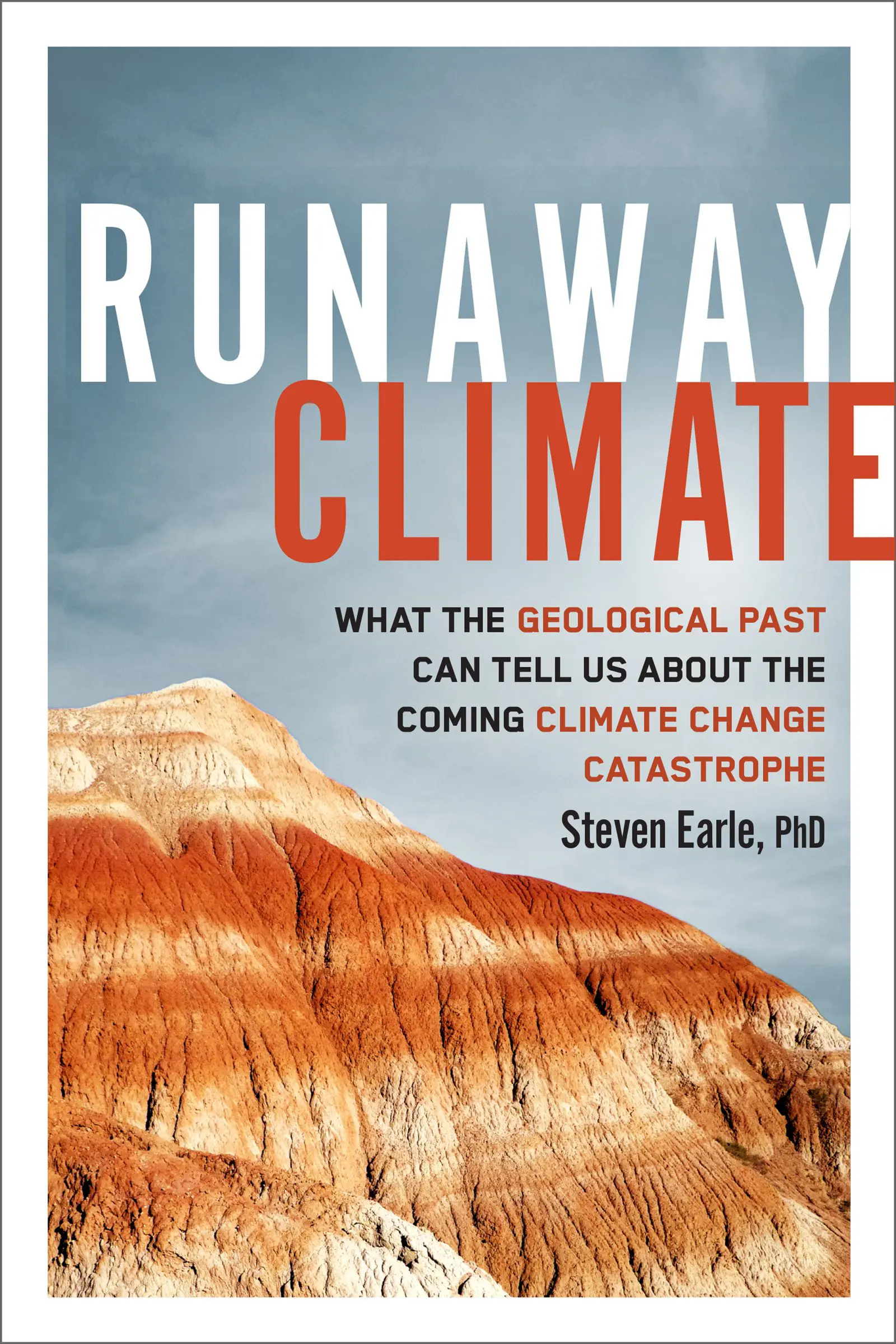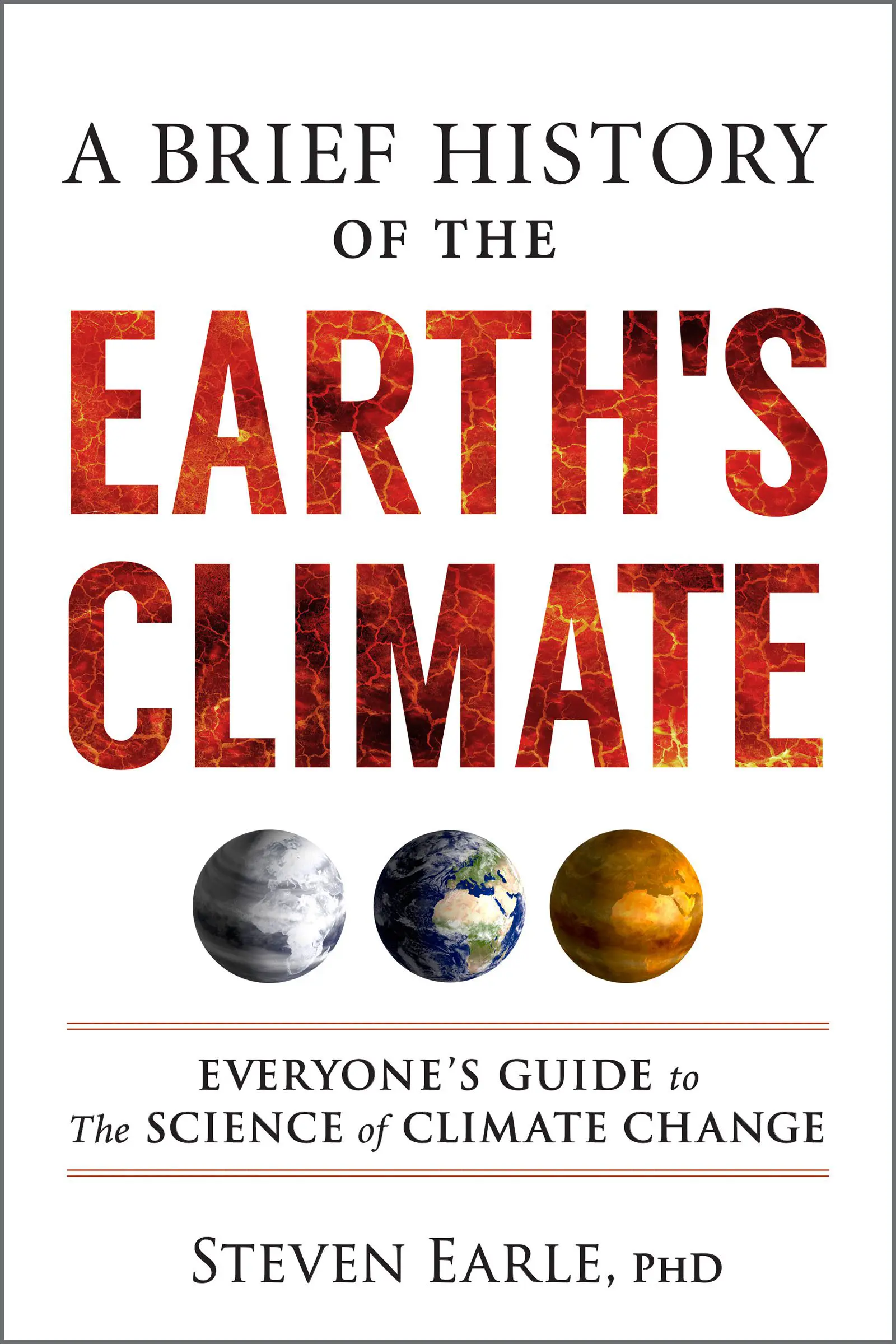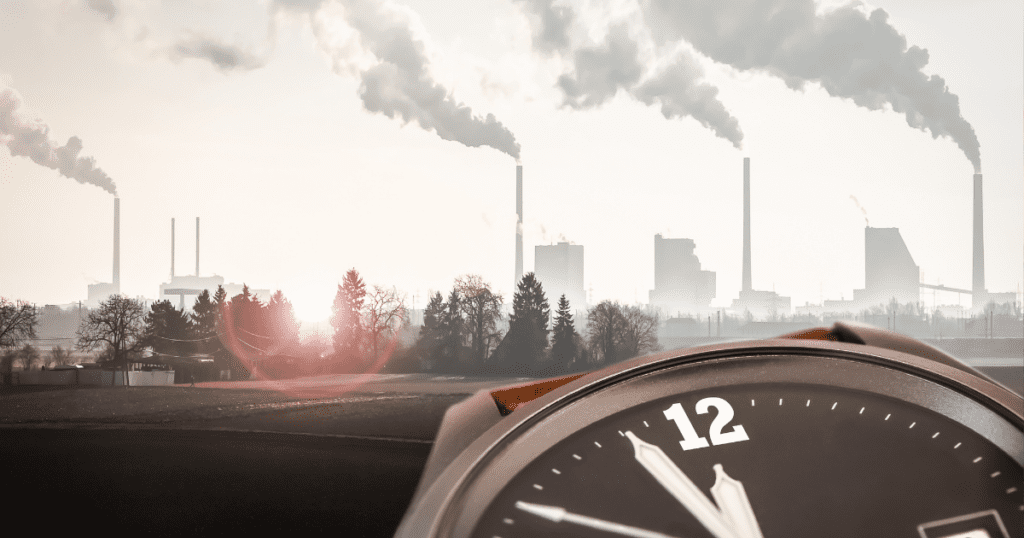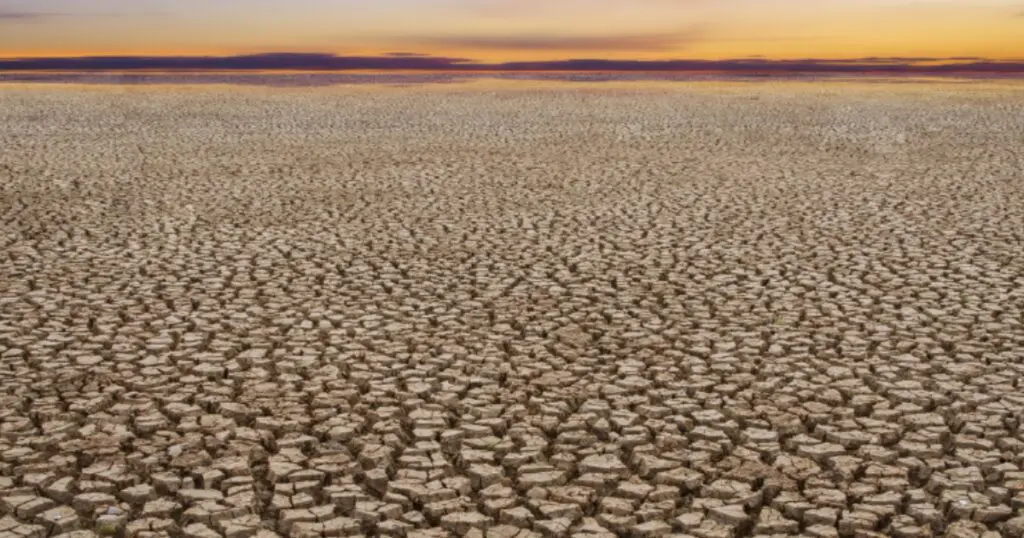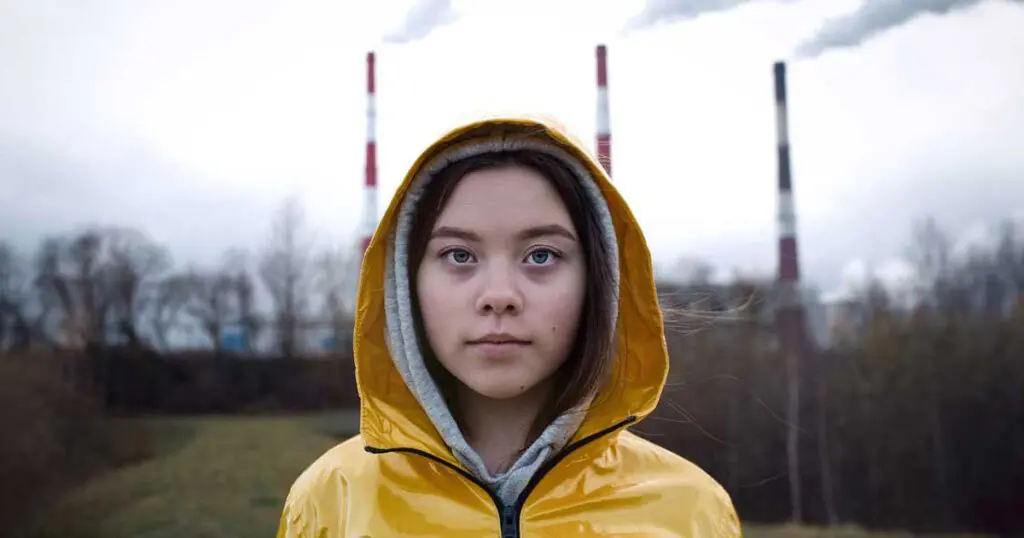
In these times of climate crisis, it’s easy to feel overwhelmed by the sheer scale of the challenges ahead. But what if the solution isn’t about grand gestures, but rather about coming together as a communities to take meaningful, local action? In this blog, Steven Earle, author of Runaway Climate and A Brief History of the Earth’s Climate, explores the inspiring story of a small island community that decided to tackle climate change head-on with a project called “Climate-12-12-12.” By addressing 12 key climate issues over 12 months, this group has not only sparked important conversations but also ignited a movement of collective action. Dive in to see how their efforts have empowered individuals, strengthened neighborhoods, and created a model for resilience that other communities are now following.
Taking action on climate change is really one of the most powerful ways to combat hopelessness and helplessness. Go do something—not as an individual, but as part of a group.
So says Anthony Leiserowitz of Yale University, who has been studying and surveying Americans about their attitudes towards climate change for more than two decades.
Inspired by his insights, a group of us in my small island community decided to put this idea into action by creating a project we called “Climate-12-12-12.” First, we divided the climate crisis into 12 wicked problems. We then tackled those one at a time for 12 months during 2022 and 2023. Each month we held community meetings in a café, invited guest speakers, and led round-table discussions. We also conducted field trips and organized a climate-related art exhibit. Our goals were to get members of our community engaged in climate-change conversations, and also to get them “doing something” by developing 12 locally relevant climate solutions (in fact many more than 12).
We are still going strong! There are now Climate-12 Action teams working on most of the original 12 wicked problems. They are talking about and creating strategies that we as a community can focus on to adapt to the climate change that is already happening, and also brainstorming changes that we can make, individually and collectively, to reduce our climate impact.
The Climate-12-12-12 concept, which is described here, has been featured on a nation-wide radio program, and has been copied by other communities.
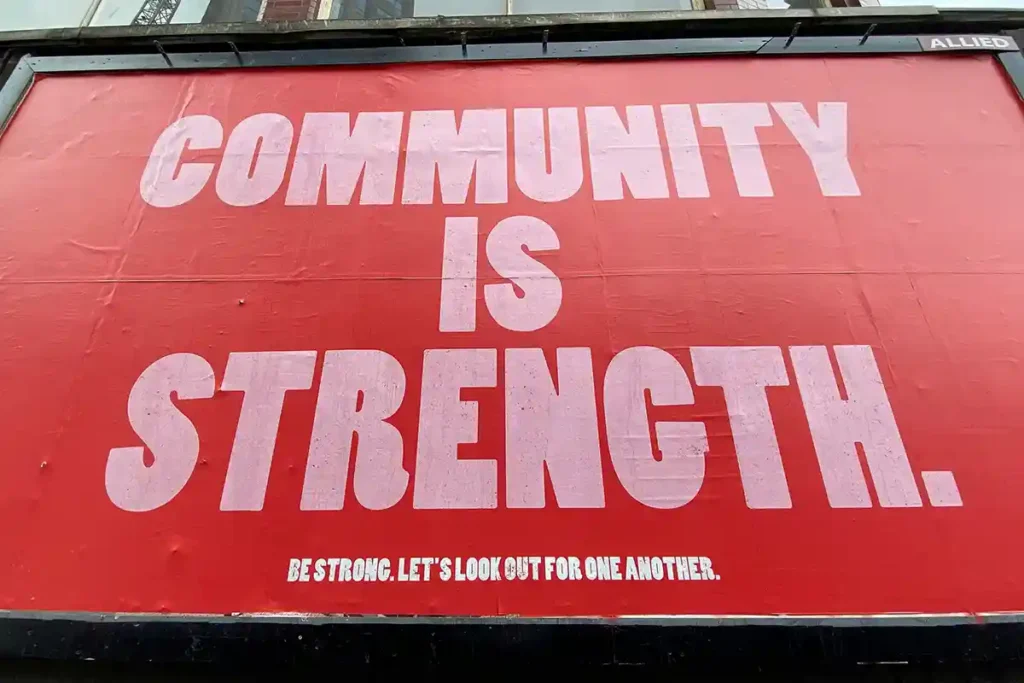
Our Agriculture action team is working with small groups and individuals to help them elevate their food-growing game to improve the island’s food security status and make more healthy, home-grown food available to everyone.
The Water team is finding ways to reduce the cost of rainwater cisterns because—even though we get lots of rain in winter—as the climate warms, our summertime water-stress becomes more and more acute.
The Buildings and Energy team is focused on making existing buildings more energy-efficient through upgrading of building envelopes and windows and doors, and by providing incentives for replacing oil and gas furnaces with heat pumps.
The Transportation team wants to encourage more people to leave their cars at home by making our roads safer for pedestrians and cyclists. That can be achieved in part by getting drivers to slow down, but also by lobbying for the construction of better cycling and walking infrastructure.
The Economics team is leading a campaign to get people to focus on spending locally, creating more co-ops, and growing the gift and exchange economy. A truck co-op has recently been established so that people can have access to a pickup, without having to own one.
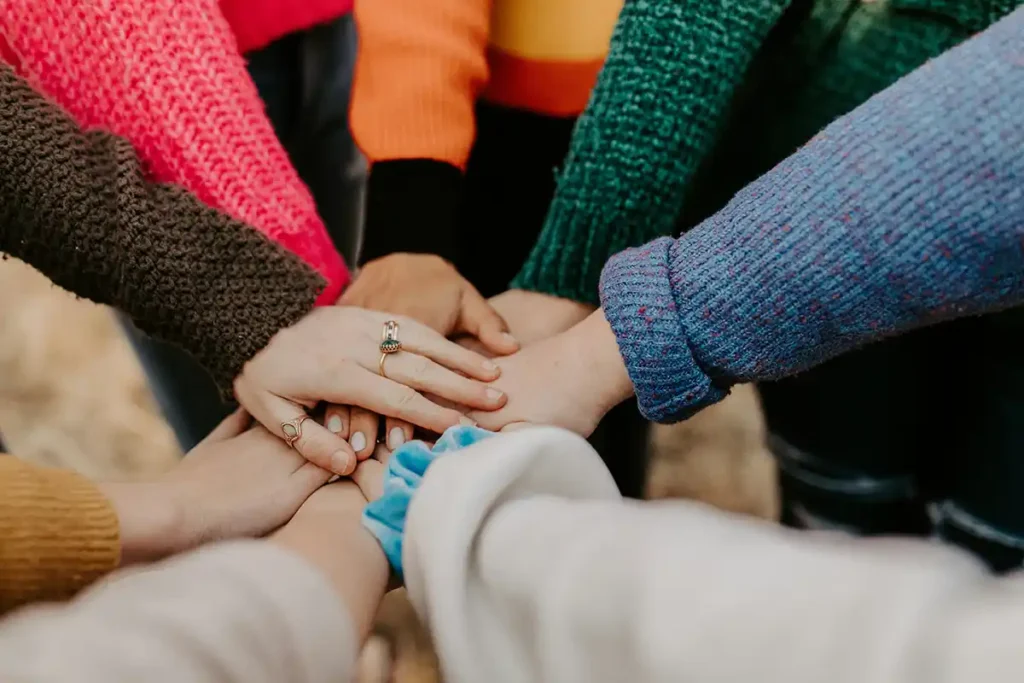
During our initial 12 community meetings we repeatedly heard how more cohesive neighborhoods can help us move towards both climate adaptation and mitigation. To strengthen the power of neighborhoods, we organized a special community event. We created a giant map of the island covering the entire floor of the Community Hall, and invited participants to find their place on the map, meet their neighbors, and talk about things that they can do together. We now have over 20 neighborhood organizations that are actively working on projects like growing and sharing food, sharing rides, and sharing ideas, resources, and tools. They are also organizing social events like barbecues and garage sales.
Neighbors are well-placed to look after each other through difficult situations, and that includes providing emotional support when climate anxiety brings people down. We know that anxiety about our changing climate—about droughts, heat waves, wildfires, storms, and floods, and about what kind of a future our children and grandchildren will face—is a growing problem around the world, and also right here on this island. At our next Climate-12 event (September 2024) we will hear from two health professionals that are working in the field of climate-change anxiety, eco-grief, and other climate-related emotions. We hope to learn about what we can do to help our neighbors build resilience in the face of a changing climate. It is almost certain that one of the suggestions will be along the lines of, “go do something”!
We obviously haven’t solved the climate crisis, not even just here on our small island, but we have taken some small steps towards reducing our collective climate impact, and we have a lot more people talking about and doing something about climate change. We know that some of them now feel less helpless and less hopeless.
